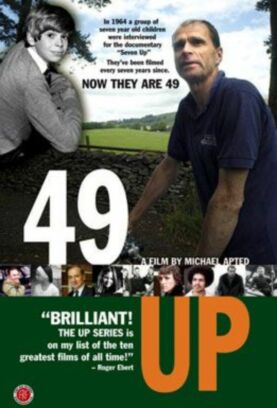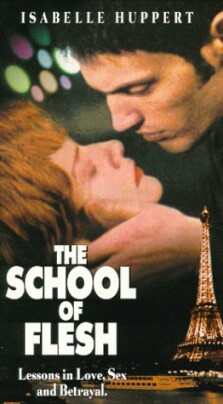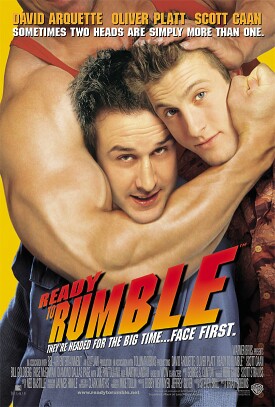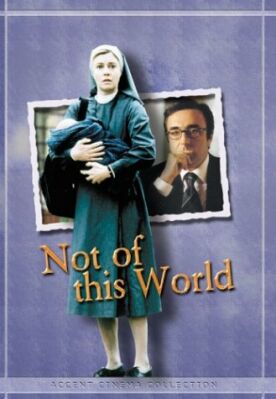Everybody’s Famous (Iedereen Beroemd!)
Dominique Deruddere’s
Everybody’s
Famous! (Iedereen Beroemd! in his native Flemish) is a rather
charming little movie, though without enough of a sense of detachment from the
dream of pop music fame which it otherwise makes fun of. Some will say it is
condescending, but I don’t think it
condescending enough, at least in this sense. Nothing is easier in the world
than poking fun at the eagerness of our contemporaries to become famous, but,
like Hollywood
“satire,”
Mr. Deruddere’s proves quite as
star-struck as the simple folk whom it purports to satirize. We get the idea,
actually, that the kind of fame they lust after is almost unproblematic, and its
presentation of the extraordinary lengths to which they will go to get it is
just a case of observing that people are funny.
There is also a sort of continental, left-wing style of politics lurking just
beneath the surface of this movie. It holds that bosses typically
“exploit”
their workers and that, indeed, working in a factory is
“hell”—so
that anything which provides a man escape from that hell must be OK.
“We have the right to take
revenge,” says Jean (Josse De Pauw) to
his friend Willy (Werner De Smedt), referring to their recent lay-off from a
bottling factory. “The bastards threw
us out overnight.” The opportunity for
revenge—not against the bottlers but
against the system in general—comes
unexpectedly as Debbie (Thekla Reuten), an attractive young Euro-pop idol to the
ever inscrutable Belgians, comes bicycling down the highway alone just as
Jean’s old banger breaks down. As
Debbie’s real enthusiasm is not music
(as we might have guessed anyway from the junk that she sings) but car engines,
she stops to help and Jean kidnaps her.
To an American audience, there must be some considerable potential for
interest in this material—the image of
a pop-star as a lone cyclist on a flat and empty Belgian road, untrammeled by
handlers or hangers-on. Maybe, after all, fame is not exactly what
Jean—and
we—suppose. But Deruddere
can’t think of anything to do with it
but recycle the highly dubious moral of Notting Hill, which is that
celebrities, especially female ones, are really just sweet and lovable
girls-next-door who long for normal relationships with regular guys. Nor is it
exactly big news that the pop music industry can almost effortlessly repackage
even Jean’s unattractive and
spectacularly untalented daughter, Marva (Eva van der Gucht), as the next new
sensation when such a feat becomes
Jean’s ransom demand.
There is a certain charm struggling to break through the carapace of all this
sentimentalism and faux cynicism, and Josse De Pauw is a wonderful actor
who can make us believe in Jean’s
peculiar sort of desperation as few others could. Miss Van der Gucht is also
superb in making Marva unattractive, both morally and physically, without making
her unsympathetic. The script, also by Mr. Deruddere gives both a fair bit of
comic leeway to draw us in. But in the end the meretricious world of
pop-stardom, particularly as we are led to believe it exists in Belgium, is just
too disgustingly tawdry for us to regard with any patience people who treat
it—as everybody in this movie
does—as the summit of worldly ambition. Even Debbie, who is obviously
intended by nature to be a mechanic and not a chanteuse, is regarded as
little more than a joke for giving up being the latter for the former.
But those who share this movie’s
dubious values will probably find it entertaining.
Discover more from James Bowman
Subscribe to get the latest posts to your email.







